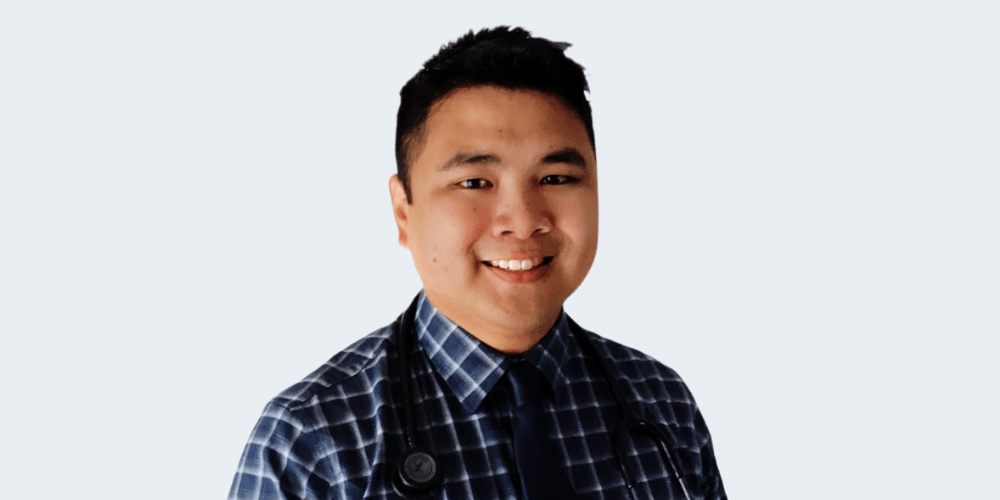Hormones can provide a good explanation as to why acne commonly affects teenagers (hormonal acne). Particularly during puberty, the androgen hormones cause the sebaceous glands to enlarge and produce more oil. This oil can clog pores, leading to the build-up of dirt and acne-causing bacteria that cause pimples and hormonal acne outbreaks.
In addition to the rising hormone levels during puberty, other changes to the body can also cause hormonal acne, including:
-
A woman’s menstrual cycle
-
Pregnancy







